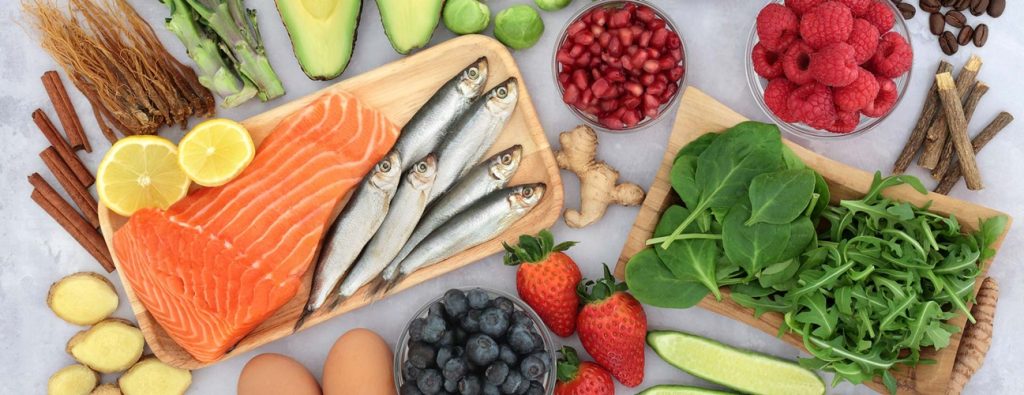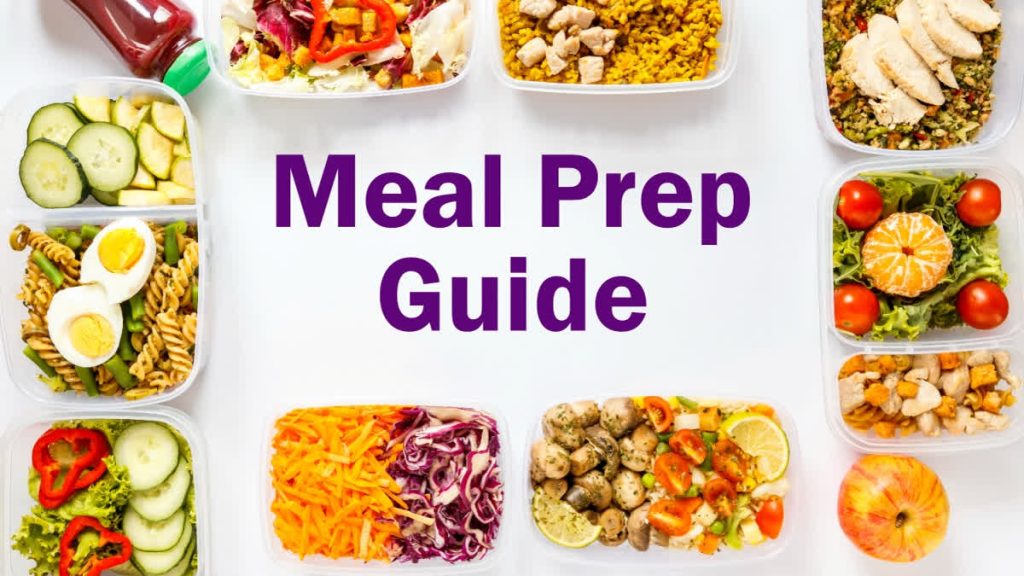
Chronic inflammation is the root cause of many modern diseases, from arthritis to heart disease. Research from Harvard Medical School shows that dietary changes can reduce inflammatory markers by up to 40%. This anti-inflammatory eating plan focuses on foods that calm the immune system and promote healing.
Inflammation-Fighting Superfoods
These nutritional powerhouses should form the foundation of your diet:
- Fatty fish: Salmon, mackerel, and sardines provide omega-3s (EPA/DHA) that reduce inflammatory cytokines
- Leafy greens: Spinach, kale, and Swiss chard contain antioxidants like quercetin
- Berries: Anthocyanins in blueberries and strawberries inhibit inflammatory enzymes
- Extra virgin olive oil: Oleocanthal has effects comparable to ibuprofen
- Turmeric: Curcumin is a potent anti-inflammatory compound
Foods to Avoid
These common dietary elements exacerbate inflammation:
- Refined carbohydrates and added sugars
- Processed meats containing nitrates
- Industrial seed oils (soybean, corn, cottonseed)
- Excessive alcohol (more than 1 drink daily for women, 2 for men)
- Artificial trans fats (partially hydrogenated oils)
Sample Anti-Inflammatory Meal Plan
Breakfast: Greek yogurt with walnuts, blueberries, and flaxseeds
Lunch: Kale salad with grilled salmon, avocado, and olive oil dressing
Snack: Sliced apple with almond butter
Dinner: Roasted chicken with turmeric-roasted vegetables and quinoa
The Gut-Immune Connection
70% of your immune system resides in your gut. Incorporate fermented foods like kefir, sauerkraut, and kimchi to support beneficial gut bacteria. A 2023 study in Nature found participants who followed an anti-inflammatory diet for 12 weeks experienced significant reductions in joint pain, improved digestion, and better blood sugar control.



